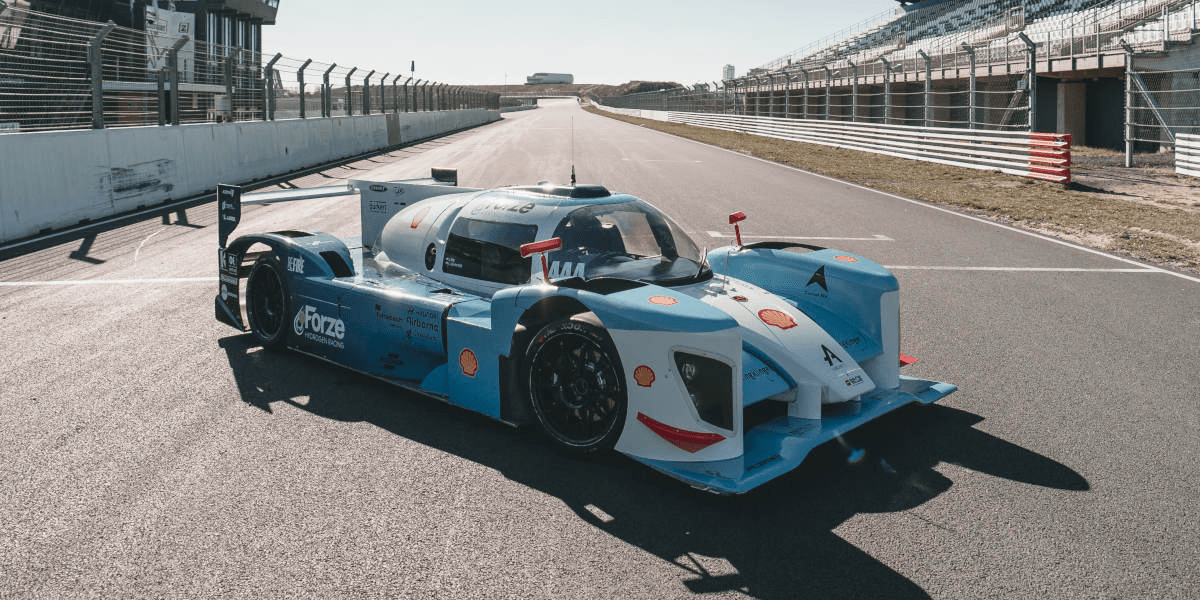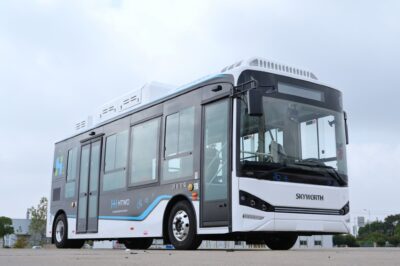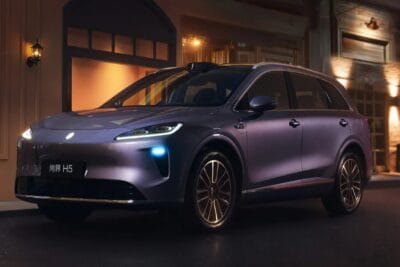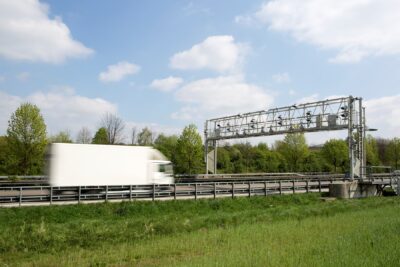Hyundai & TU Delft team develop hydrogen racing car
The student team Forze Hydrogen Racing from Delft University of Technology (TU Delft) in the Netherlands is receiving support from South Korean carmaker Hyundai in the development of the new generation of its Forze hydrogen racing car.
With a top speed of up to 300 km/h, the Forze IX is set to become the world’s fastest hydrogen racing car, making the sprint from 0 to 100 km/h in less than three seconds. The development phase this year is to be followed by the second round of financing and completion of the 1.5-ton H2 race car in 2022. On board, the Forze IX will have two fuel cell systems with a total output of 240 kilowatts and an accumulator with a maximum output of 600 kilowatts.
A team of students from Delft had previously designed a hydrogen racing vehicle, the Forze VIII. The model now planned is to represent the further development of this racing car. Hyundai sees the collaboration with Forze as an opportunity to push the boundaries of hydrogen mobility.
“Hyundai is delighted to enter into this partnership with Forze. By drawing on our leadership in fuel cell mobility and Forze’s ambition to take hydrogen to the next level, together we will push the boundaries of what’s possible in the development of zero-emissions racing,” said Tyrone Johnson, responsible for vehicle development at the Hyundai Motor Europe Technical Center.
The Forze Motorsport team consists of more than 60 students from Delft University of Technology with interdisciplinary backgrounds. The students each work together full- or part-time at Forze for one year to gain experience in fuel cell technology.
Hyundai Motor, in turn, brings experience in the research and development of fuel cell electric vehicles. Since marketing the first mass-produced fuel cell electric car, the Hyundai ix35 Fuel Cell starting in 2013, the South Korean company has gradually expanded its range of fuel cell vehicles. Today, Hyundai also produces the Hyundai Nexo FC car and the Xcient Fuel Cell heavy-duty truck. By 2025, the company plans to sell 110,000 fuel cell vehicles.





0 Comments